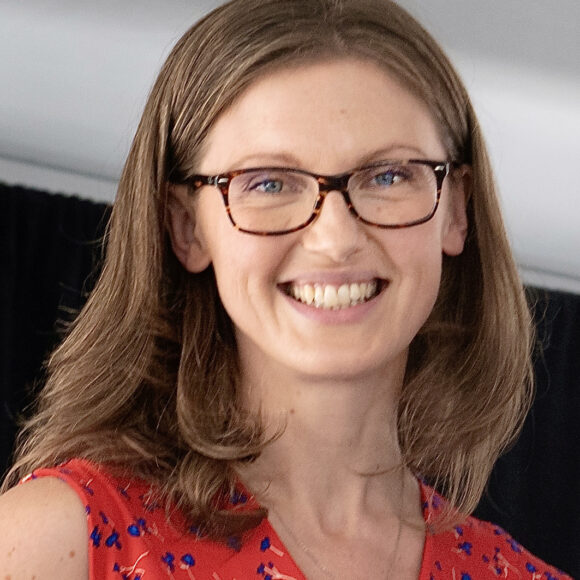My research over the past 20+ years explores the neurobiological basis of learning and memory, but from a unique perspective. I investigate how the auditory system, a brain region traditionally thought to be devoted to detecting incoming sounds, plays a role in learning and remembering in a way that provides understanding to sound. This approach is consistent with two important and related ideas: that 1) sensory brain areas might do more than passively represent the physical parameters of external stimuli and 2) memory and cognitive abilities may have a distributed representation in the brain that includes sensory areas. My research framework leverages our knowledge of the experience-dependent and cognitive processes in the auditory system for potential impact in the domain of Alzheimer’s Disease and Related Dementia (ADRD) research, which has pragmatic value in light of recent reports that indicate hearing is a major risk factor for later progression to cognitive decline in ADRD. Here at Rutgers, I am a founding member of the nascent Rutgers Auditory Neuroscience Research Initiative (RANRI) building bridges between the auditory research community and the Rutgers Krieger Klein Alzheimer’s Research Center, particularly because both research areas share an important interest in aging, which is a common core risk factor to neurodegenerative decline in both hearing and dementia processes. My own work is in animal models, and combines electrophysiological, molecular, and behavioral techniques to achieve an integrative understanding of how the activity of auditory brain could underlie memory and influence cognitive behaviors from the epigenomic molecular landscape within cells to the coordinated activity of neurons in networks. Neurobiological mechanisms underlying auditory memory for sound and could be part and parcel to inform auditory processing disorders if “normal” mechanisms go wrong in aging, dementia, or other neurodegenerative disorders. It is a sound model for learning and remembering sensory features from experience that later guide how we interact with our (highly) sensory world.

Kasia M. Bieszczad, PhD
Associate Professor Department of Psychology, Behavioral and Systems Neuroscience; Rutgers Center for Cognitive Science (RuCCS); Department of Head and Neck Surgery & Communication Sciences, Rutgers RWJ Medical School
